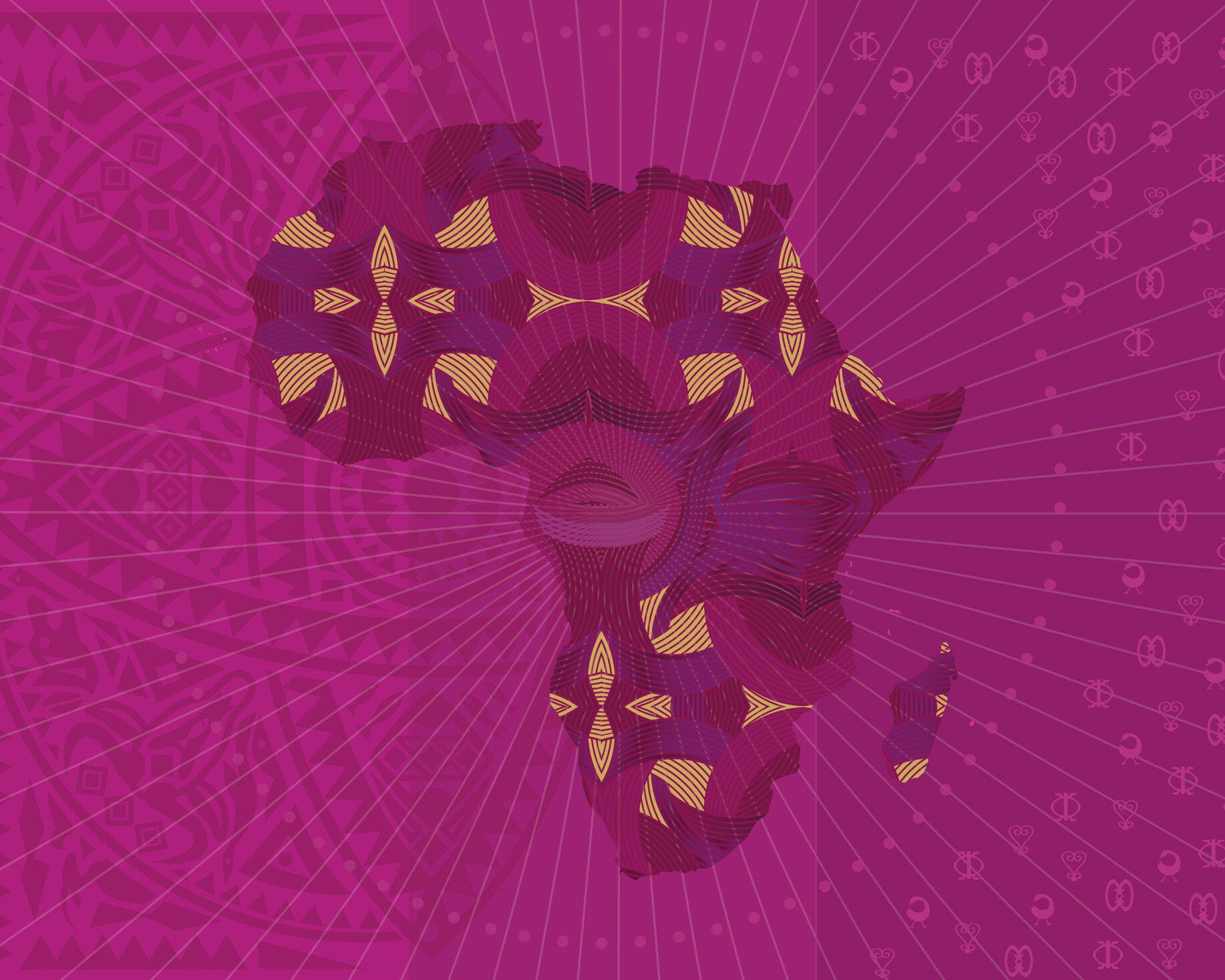Struck by the COVID-19 pandemic, the global economy will contract by at least 4.5% this year. The African continent, which is highly exposed to external shocks, will experience its first recession in 25 years, with a decline in gross domestic product (GDP) of between 2.1% and 4.9% according to scenarios mapped out by the African Union in July 2020 in collaboration with the OECD Development Centre. African governments have responded to this massive shock with lockdowns, social protection, economic support and recovery measures. The African Union is supporting these efforts, in particular by setting up a COVID-19 fund to bolster the continent’s response to the economic, social and health ramifications of the pandemic. It is also co-ordinating a call for creditors, including financial institutions, to cancel member countries’ debt.
Maintaining fiscal space is imperative if Africa is to play a key role in the global economic recovery, create more jobs and achieve the goals set out under Agenda 2063. Safeguarding the progress made in terms of continental integration will also be essential. Flagship African Union initiatives in this regard include medium and long-term solutions to the economic crisis triggered by the pandemic, including the African Continental Free Trade Agreement (AfCFTA), which seeks to facilitate cross-border supply chains for food, pharmaceutical and other essential products.
The digital transformation could, in this context, drive more innovative, inclusive and sustainable growth, and in so doing contribute to the achievement of Agenda 2063. This third edition of our annual economic report examines how this transformation could support the creation of jobs and new opportunities for young people. It sets out several examples of the continent’s digital inventiveness, galvanised, it seems, by the COVID-19 crisis. The digital transformation could help African societies to open up, encourage productive entrepreneurship, promote transparent governance, diversify economies – making them more resilient to macroeconomic shocks – and foster regional integration.
The report identifies four priorities for implementing this ambitious action plan:
1. Ensuring universal access to the digital solutions best suited to local contexts. In addition to communication and energy infrastructure, a full range of public policies are needed to achieve positive digitalisation for all. This will involve reducing inequalities, especially between women and men, and between megacities and rural areas, as well as the cost of accessing data, which is often higher than in other regions of the world.
2. Making digital technology a lever for productivity, especially for small and medium-sized enterprises (SMEs). A number of African countries are leading the way in protecting intellectual property rights and digital security, and in facilitating financing solutions, within a legal framework conducive to innovation.
3. Developing skills tailored to the fourth industrial revolution so that the expertise of the African workforce is aligned with 21st century markets, while facilitating the adoption of digital innovations by the informal sector.
4. Co-ordinating the multiplicity of digital strategies at the continental, regional, national and local levels to better prioritise, implement, monitor and evaluate progress. When the AfCFTA is implemented in 2021, it will include a component on establishing a single digital market in Africa that will complement multisectoral approaches.
For Africa’s economic recovery to be sustainable, the digital transformation must be felt in all of the continent’s priority sectors. This will require the commitment of all stakeholders, both private and public, and of the continent’s partners. As a partner, the OECD is making a significant contribution to this effort by developing a deeper policy dialogue on digitalisation between private stakeholders, civil society, and decision-makers in Africa and other regions of the world. The African Union Commission and the OECD, through its Development Centre, are committed to supporting their members’ efforts to make this digital transformation a vector for sustainable human, economic and social progress on the continent.

Moussa Faki Mahamat
Chairperson African Union Commission

Angel Gurría
Secretary-General Organisation for Economic Co-operation and Development
